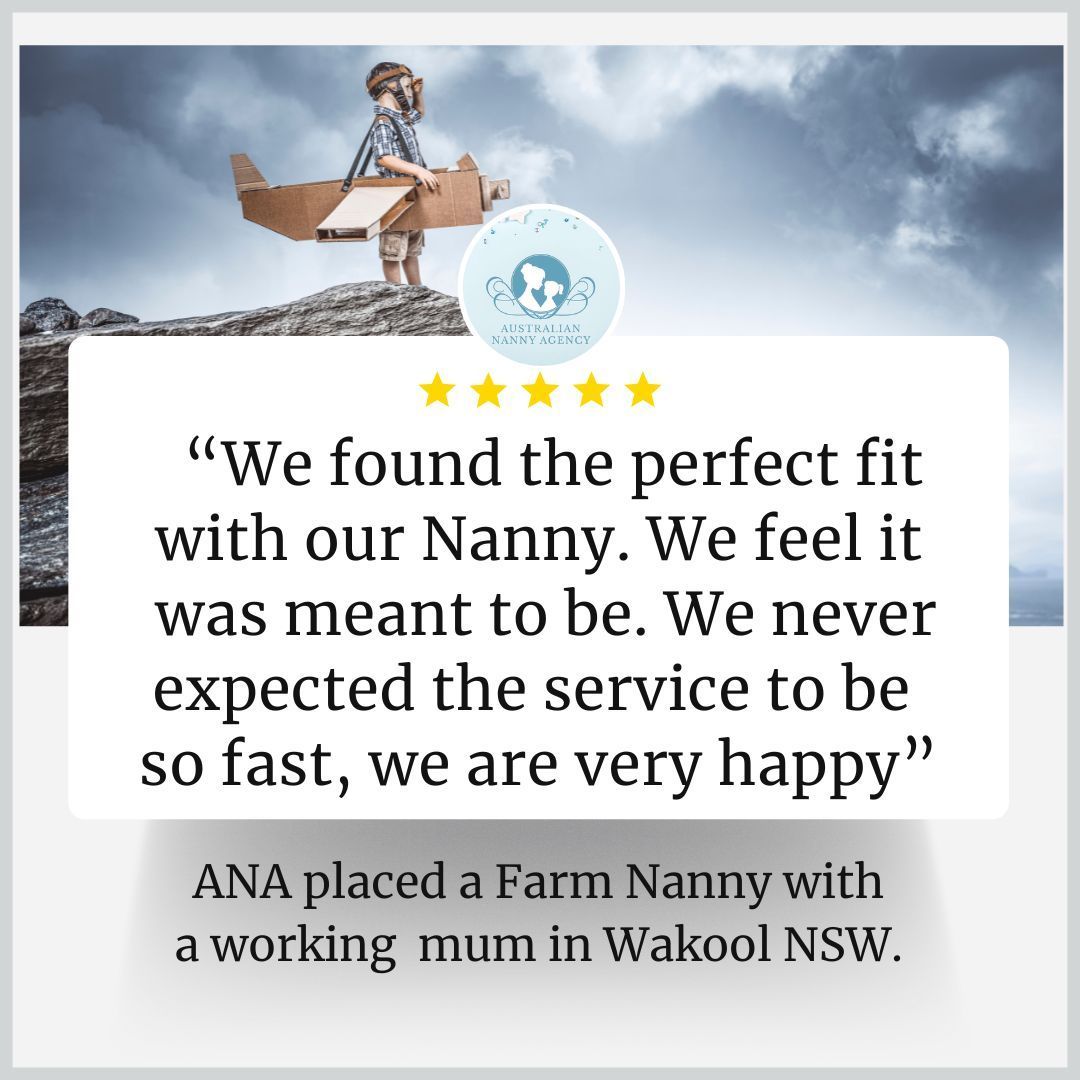"Essential Strategies for Parents to Cultivate Open Dialogue and Build Trust with Their Nanny for a Harmonious Caregiving Experience"

How to Communicate Effectively with Your Nanny: Tips for Parents
Hiring a nanny can be one of the most important decisions parents make, significantly impacting the family’s daily routine. A nanny is not just a caregiver; they become an integral part of your household, playing a vital role in your child’s development and well-being. To ensure a successful partnership, clear and effective communication is essential. Below are some tips for parents on how to establish a positive working relationship with their nannies through effective communication.
1. Set Clear Expectations from the Start
Before your nanny begins, it’s crucial to communicate your expectations clearly. This includes daily routines, house rules, discipline strategies, and any specific care requirements for your children. Consider creating a detailed job description that outlines responsibilities, working hours, and any additional tasks, such as meal preparation or homework help. This clarity helps avoid misunderstandings and sets the tone for a professional relationship.
2. Establish Regular Check-Ins
Regular communication is key to maintaining a healthy relationship with your nanny. Schedule weekly or bi-weekly check-ins to discuss how things are going. This can be a casual conversation over coffee or a more structured meeting. These check-ins provide an opportunity for your nanny to share their observations, ask questions, or express concerns. It also allows you to provide feedback and make any necessary adjustments to the routine or expectations.
3. Utilize Written Communication
In addition to verbal communication, written communication can be invaluable. Consider keeping a daily log or communication notebook where your nanny can record important updates, such as your child’s mood, meals eaten, and activities completed. This log serves as a record for both parties and can help you stay informed about your child’s day-to-day experiences. Additionally, a shared digital calendar can help both you and your nanny stay on the same page regarding schedules, appointments, and special events.
4. Encourage Open Dialogue
Create an environment where your nanny feels comfortable sharing their thoughts and feelings. Encourage them to voice any concerns or suggestions they might have. This open dialogue fosters trust and shows that you value their input. If your nanny feels they can speak up without fear of repercussions, they are more likely to share important insights about your child’s behavior or preferences, leading to better care.
5. Be Respectful of Their Professionalism
Remember that your nanny is a professional. Treat them with respect and kindness, just as you would any other employee. This includes valuing their expertise and acknowledging their contributions to your family. When giving feedback, focus on the behavior or situation rather than making it personal. For instance, instead of saying, “You didn’t follow my instructions,” try saying, “I noticed that the routine wasn’t followed today. Let’s discuss how we can improve that.” This approach fosters a collaborative atmosphere rather than one that feels confrontational.
6. Be Specific with Feedback
When providing feedback, be specific about what you appreciate and what could use improvement. For example, if your nanny did an excellent job planning a fun activity for your child, let them know! On the other hand, if there were issues, clearly articulate what you would like to see changed. Specificity helps your nanny understand exactly what they are doing well and where they can improve, leading to a more effective partnership.
7. Respect Their Time Off
Nannies need time to recharge just like anyone else. Respect their scheduled time off and encourage them to take breaks when needed. Showing appreciation for their personal time fosters a positive environment and demonstrates that you value their well-being. A well-rested nanny is more likely to engage positively with your children and perform their best work.
8. Be Open to Cultural Differences
If you’ve hired a nanny from a different cultural background, be open to learning about their perspectives and practices. Effective communication includes understanding diversity in child-rearing philosophies and approaches. Take the time to discuss cultural differences and how they might influence caregiving. This dialogue can enrich your child’s experiences and foster a more inclusive environment.
9. Provide Constructive Criticism Gracefully
If something isn’t working, addressing it constructively is key. Be mindful of your tone and choice of words; approach sensitive topics with care. Instead of making it a criticism, frame it as an opportunity for improvement. For example, “I noticed that [specific issue] happened. Can we talk about how to handle that situation differently in the future?” This approach encourages problem-solving rather than defensiveness.
10. Celebrate Achievements Together
Finally, don’t forget to celebrate the small victories. Whether it’s your child reaching a milestone, learning a new skill, or simply having a great day, acknowledging these moments with your nanny helps build a sense of teamwork. Celebrating achievements fosters a positive atmosphere and strengthens the bond between you, your child, and your nanny.
In conclusion, effective communication with your nanny is vital for creating a harmonious working relationship. By setting clear expectations, encouraging open dialogue, and showing respect and appreciation, you can foster an environment where both your family and your nanny thrive. Remember, a great partnership ultimately contributes to your child’s happiness and development, making it a worthwhile investment for everyone involved.
Share your thoughts
Blog









